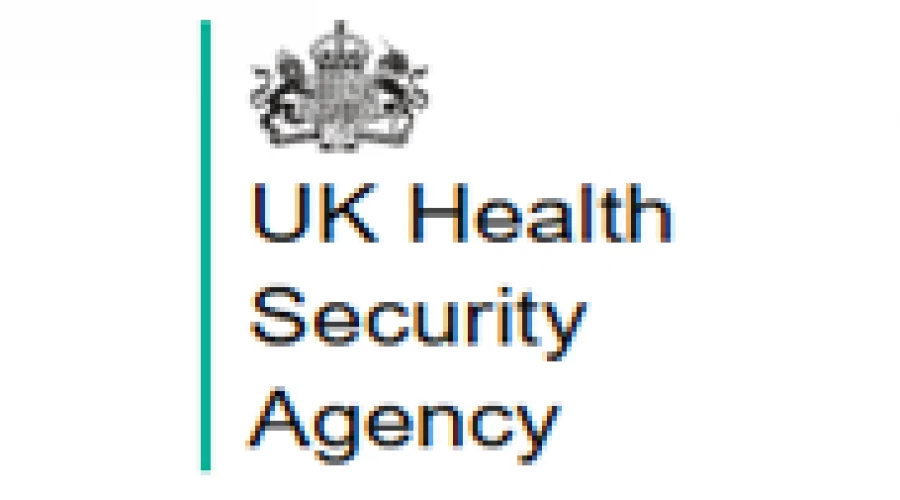Fuel Disruption
- Risk Level: Medium
- Risk Ref. #: NRR15 NRR35
- Likelihood/Impact: 2/4
- Download the Risk Register

Introduction
Fuel Disruption seems to rear its head every now and again within the UK, with concerns here often mimicked across other countries around the world. Some people may not consider fuel disruption to impact them as they do not regularly drive a car for essential purposes, however we must remember that fuel does not only impact our commute to work and personal car journeys, but it is also intrinsically linked to so many things. Our experience is that fuel becomes an issue across the county due to unnecessary panic buying with scaremongering around the availability of fuel.
Interesting Fact
There have been four separate fuel protests in the UK since 2000, which occurred in 2000, 2005, 2007 and 2022.
Local Risk Rating
Fuel Disruption is assessed as High risk on our Preparing for an Emergency Booklet. Take a look at the table shown in What is Risk? to understand why.
- Impact: Significant (4)
- Likelihood: Medium Low (2)
- Rating: High
What is it?
Fuel disruption can come from a number of sources:
- Tanker driver strikes
- Failure of refineries
- Disruption in supply
- Panic buying
No matter what the cause of the disruption is it does have serious consequences to the way in which we go about our routine. Let us consider some of the obvious things we use fuel for:
- Driving to and from work
- Running personal errands
- Driving for pleasure activities
Much past this we must think for a little harder, so now let us consider the matter in more depth:
- Fuel for airlines to go on holiday, transport mail and freight
- Fuel for public transport (buses, trains, and taxis)
- Fuel for our emergency services
- Fuel for our supply chain operators
- Fuel for our farming machinery which provides much of our food
- Fuel for picking up our bins and grit our roads
- Fuel for social care workers to reach the vulnerable
- Fuel to help get children and teachers to school
As you can imagine, the longer you think about this the more the list goes on. Fuel is a major part of our life and although we are working hard to move away from it with renewable sources we are not quite there yet.
One of the biggest issues with fuel disruption is panic buying, unfortunately, as soon as rumours appear in the news of a fuel shortage, this quickly leads to panic buying, which in turn leads to petrol stations running low/out and then continues the cycle for at least several days. One of the LRF’s key aims is to reduce panic buying as much as possible to lessen the impact as much as possible.
Related News

UKHSA - The invisible danger of carbon monoxide
>1m read
UKHSA Blog: The invisible danger of carbon monoxide

Wiltshire Council top tips
3m read
Top tips to shop sustainably and reduce waste this Christmas from Wiltshire Council
History
Many people will remember the 2000 fuel crisis, which occurred due to protests over fuel price rises. Farmers and truckers blocked refineries which led to panic buying and many petrol stations running dry. This then caused food shortages, difficulties in getting to work and many schools were forced to close. Panic buying of fuel then escalated to panic buying of food which then exasperated the small food shortages that were already occurring due the lack of fuel for deliveries. Royal Mail considered reducing deliveries and councils drastically reduced bin collections. The NHS was also put on an emergency footing as the fuel strikes impacted their ability to function efficiently.
The Government activated designated fuelling stations across the country where deliveries were guaranteed which started the flow of fuel again to areas desperately in need. Following this, blockades at refineries were lifted with a gradual return to normal across the country.
What are we doing about it in the LRF?
The LRF has invested heavily in fuel planning due to it being a considered a high risk to all agencies. We have a dedicated local fuel plan for the LRF that supplements the National Plan which can only be enacted after 10 days of disruption. In the first 10 days the LRF plan will come into play to ensure multiple different avenues are activated to try and alleviate the pressure on priority services.
We will ensure the public is well informed of the activity, how it works and how it impacts on them.
As with all plans, we hold regular training and exercising on the fuel plan and maintain a dialogue with our associated fuel sites on an annual basis.
What can you do?
It is difficult to identify too many proactive things the public can do in a fuel disruption, the obvious ones are to limit usage as much as possible by working from home, walking, cycling or using public transport. In addition to this, the single most important thing that everyone can do is to try not to panic buy fuel, which is often the cause of short-term disruption and can be one of the most difficult things to combat locally and nationally.
Downloads
Fuel Disruption Risk
Fuel Disruption Risk


